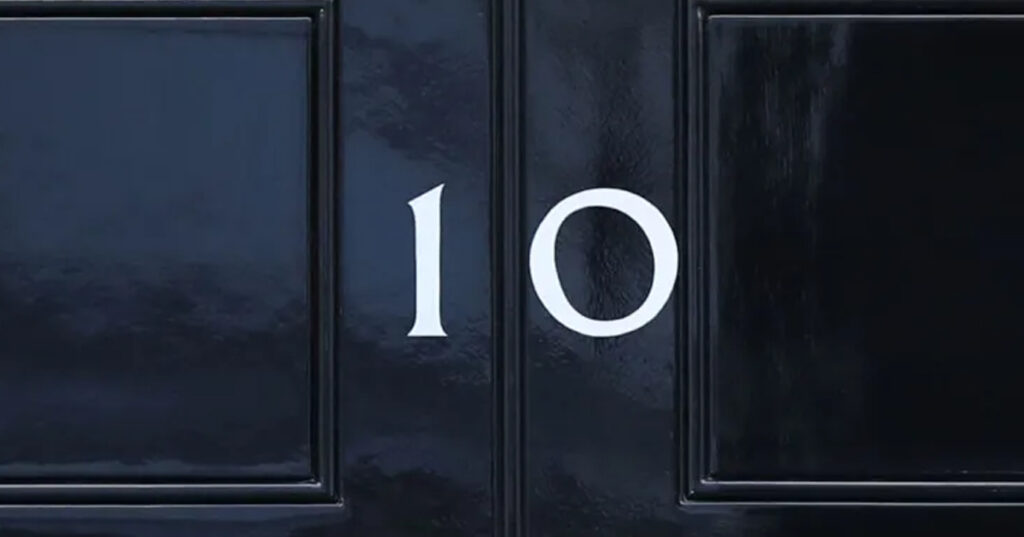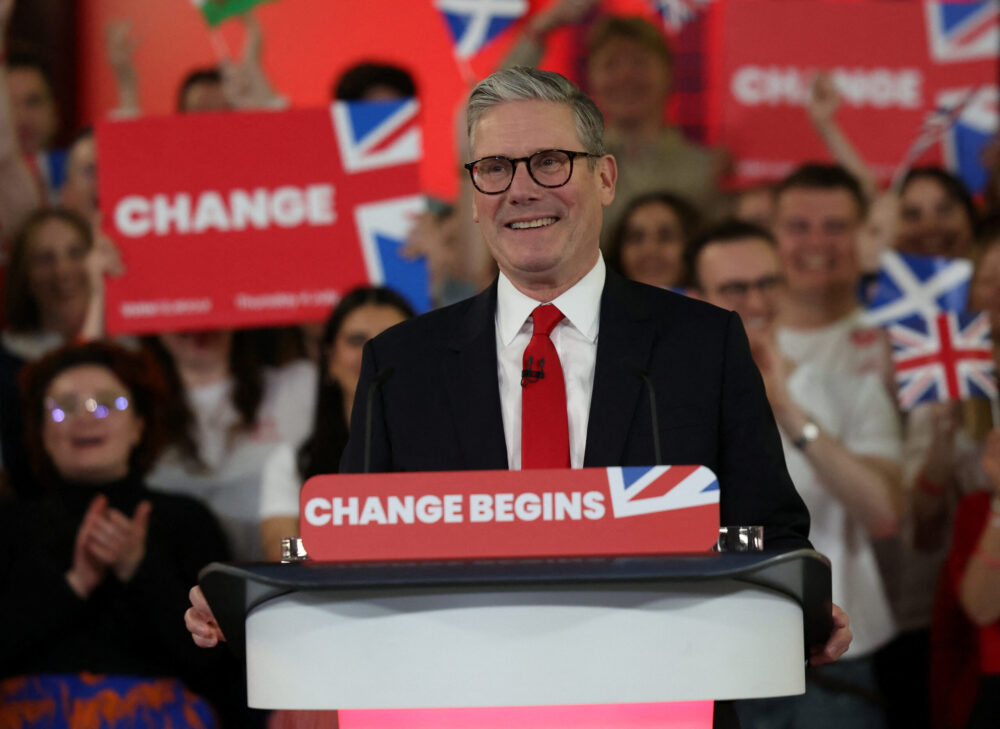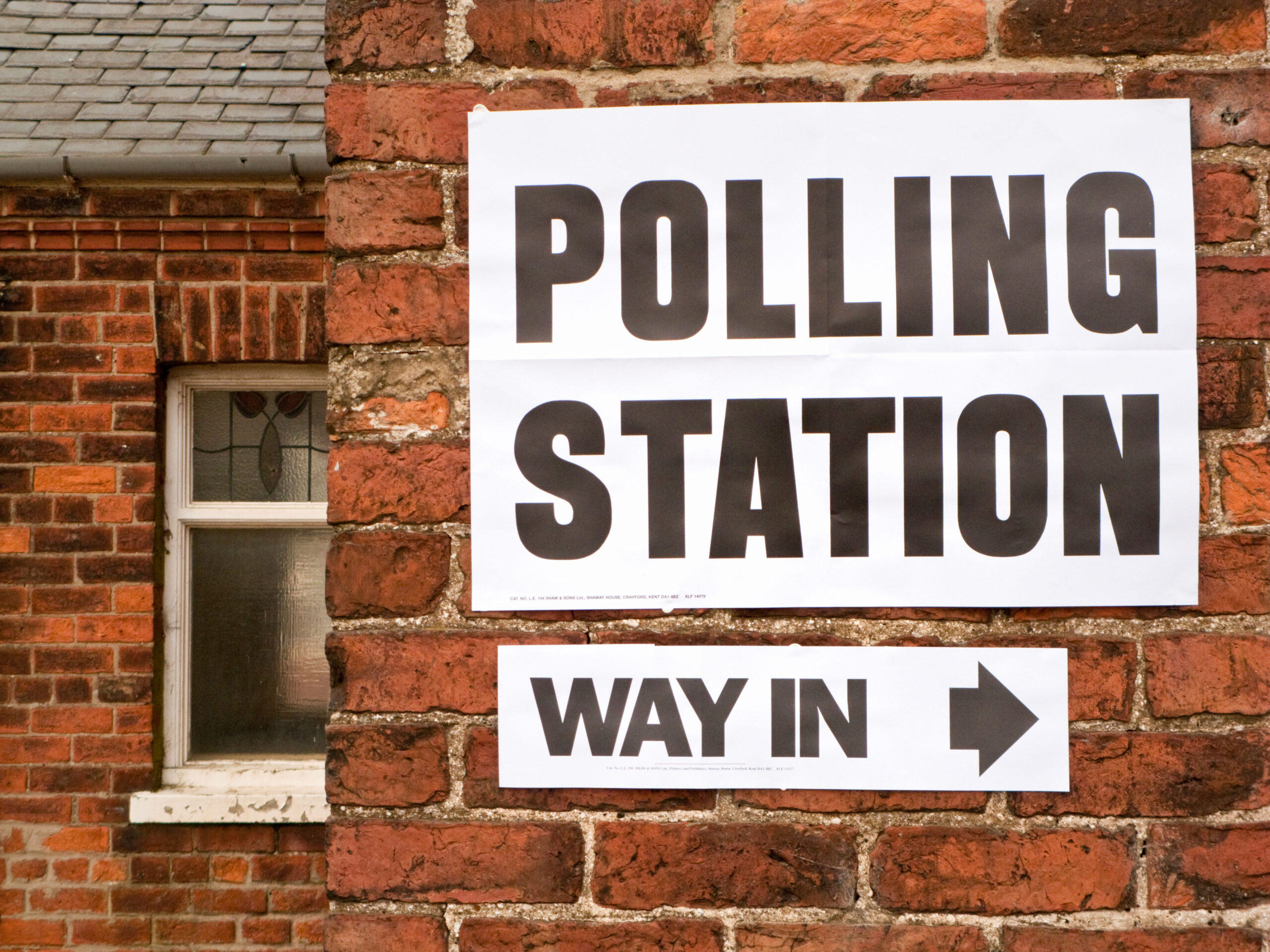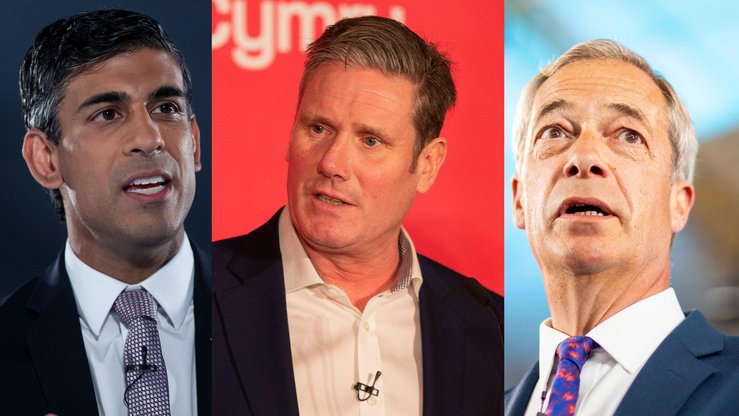
When the Conservatives won their unexpected majority at the 2015 general election many Tories felt it was a return to the natural order of things. Naturally, people had preferred sensible economic management to unaffordable spending plans. Of course they had chosen a Prime Ministerial Prime Minister over one whom they could barely imagine standing outside Number Ten. And if this was the world as it should be, 2017 must have been an aberration: a freak result that could be put down to the election’s unusual circumstances, a terrible Tory campaign, and Jeremy Corbyn’s sudden, bizarre and surely unsustainable status as a cult figure.
Like the mindset that said people would never really vote for that fashionable Mr. Blair – or, once they had, that they would soon repent of their silliness and restore the Conservatives to their rightful place in office – this would be a very dangerous assumption indeed for Tories to make.
Considering the unhappy time the government has had in the seven months since last June, it seems remarkable that the polls are showing no erosion of Conservative support, with the two main parties still neck and neck. Research I published last week helped explain why this is so. Those who switched to the Tories in order make sure Brexit happened or out of horror at Jeremy Corbyn’s leadership of Labour had seen nothing yet to make them switch back; those who didn’t vote Conservative certainly saw no reason to reassess the wisdom of their decision. On top of all that, a general sense of gloomy ennui with politics in general and the Brexit saga in particular had descended, effectively freezing opinion where it was on election day.
But things won’t stay like this. Tediously interminable as it seems to most people outside (and many inside) the political world, one day Brexit will be done. What politics will look like after that has been much discussed. Have the old dividing lines of left-right and Tory-Labour been superseded by those of outlook, identity and social attitude that weighed so heavily in the decision to remain or leave?
The evidence is that both of these dynamics are still at play. Last June we saw people voting Conservative for the first time, often because of Brexit, with the result that the Tory vote as a whole was older, more working class and more socially and culturally conservative, while those who switched away were younger, more socially liberal, and more likely to be graduates and professionals. Many anti-Brexit Tories made their point by staying at home or voting Labour or Liberal Democrat. But party brands still mattered: many who were vigorously pro-Brexit could not countenance the idea of voting Tory, and many long-standing Labour supporters, feeling their party had got its identity back, flocked to the polls with a spring in their step.
My sense, then, is that while the 2017 election showed what could be the beginnings of a realignment, its parameters are not yet settled. There is plenty of room for movement, and it is the Tories who have the most to lose.
Suspend your disbelief if necessary but let’s assume, for the sake of argument, that the outcome of the Brexit talks is universally regarded as a triumph: that in an extraordinary feat of diplomacy Theresa May secures an agreement that simultaneously delights leavers and draws a sigh of grateful relief from worried remainers. To appreciate the kind of thanks she and her party could subsequently expect at the ballot box we should all go and see Darkest Hour and then study the results of the 1945 election.
On 8 June, choosing the party they thought would do the best job of negotiating our exit from the EU was the reason Conservatives most often gave for their voting decision. Next time round, that reason will not be there. They will be asking what’s next. The question of whether we want Jeremy Corbyn to be Prime Minister is likely to be more prominent at the next election than it was at the last, but nearly 13 million people were prepared to vote Labour with him at the helm. As Sir Nicholas Soames put it earlier this week in one of his inimitable tweets: “It really won’t be enough to get people to vote against The Corbini they must have really sound reasons to vote Conservative. We really need to get on with this.”
There are plenty of clues as to what needs to be got on with. As I found in my post-election research for The Lost Majority, Labour is thought to care more than the Tories not just about the NHS but about most of the things in politics that people feel are closest to home, like schools and the cost of living. Young (and not so young) voters raise housing more and more often as one of their worries. The Tories are thought to be more interested in matters affecting the country as a whole, like the deficit, but the link between a Conservative government and a better life looks to people tenuous at best. On top of that, the reputation for competence that once covered a multitude of Tory sins has deserted the party and needs to be restored. Public rows about what goes on in Cabinet don’t particularly help.
The post-Brexit political landscape won’t be shaped after the deal is done, it is being shaped now. Without some ideas, the Tories will surrender much of it to the left without firing a shot.


